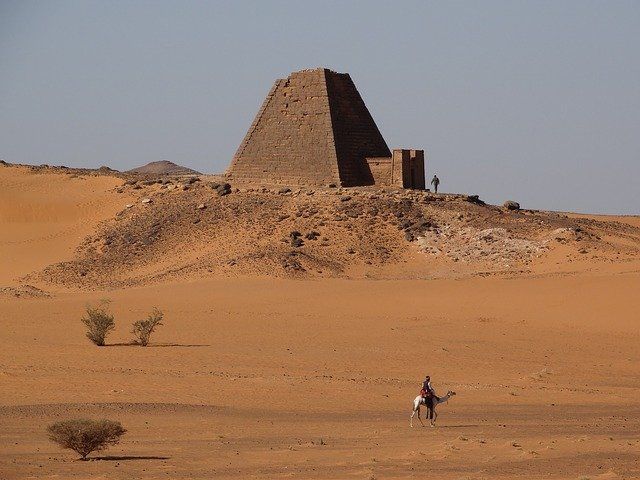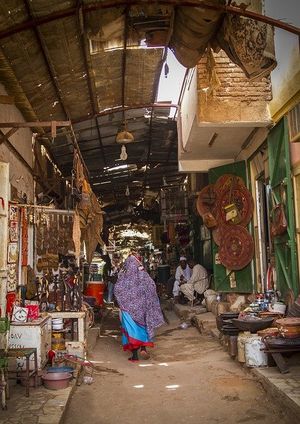I recognised him as soon as I answered the knock on the guest-house door. He had been one of the evangelists at the previous week’s conference.
His two top front teeth were missing and the first tooth on either side of the gap was bright gold. But it wasn’t his dental work that had imprinted him on my memory — it was the smile on his face when he sang and worshipped, the beauty of the Lord in him. And he wasn’t the only one like that.
I was in Sudan at the invitation of the Africa Inland Church (AIC-S) to minister at their first ever National Strategic Church Workers’ Conference, in Khartoum.
Representatives had come from each of the 40 AIC-S congregations in the government-controlled area of the country. Numbers attending grew to 250 by the end of the week.
Persecution
The church in southern Sudan has experienced vicious anti-Christian persecution, on and off since 1956. Christian believers have been denied freedom of worship, and some have been Islamised by force.
Churches have been burned, leaders killed and Christians forced to move into Muslim-controlled areas.
The Sudanese supreme court has upheld the right of the authorities to extract ‘confessions’ under torture.
Since 1983, more than 2 million people have been killed and another 5 million displaced by civil war and famine resulting from the government’s scorched earth policy in the south. The government is now receiving about $1 million a day in revenue from its oil fields, and this has led to a doubling in military expenditure.
Attacks from helicopter gunships on churches, schools and clinics are commonplace. Sudan’s government, in the last few days, joined USA in vocally condemning terrorism, but it is waging a campaign of genocide on its own people, while the rest of the world looks the other way.
Growth
And the result? A church that is growing fast and a people who are radiant in faith, proving the faithfulness of God to his people. It is possible that more Muslims are coming to faith in Christ in Sudan than anywhere in the world today.
Twenty years ago, Christians made up 5% of the total population; today the figure is around 20%.

Most of the Christians I ministered to in Khartoum were displaced southerners, refugees within their own country, who now exist in squalid, basic mud settlements in the desert on the edge of the city.
In one of these settlements, 60,000 men, women and children survive in mud-brick dwellings, with no power, water, sewage or amenities. Here a small AIC-S clinic valiantly provides basic health care and evangelism to the community.
In another settlement, I had the privilege of opening a new church school, built to provide a Christian education to over 170 children in four small classrooms. If the children do not attend this school they would have to go to the Koranic school or else be deprived of access to education.
Hunger
At the conference, no preacher ever had a more attentive and appreciative congregation! The truths of God’s Word were joyously and spontaneously affirmed; a few wept as they experienced personal application of the truth to their hearts.
In this gathering were women whose husbands have not been seen since they were taken away by the security forces years ago. Others wonder what awaits them in future at the hands of the authorities.
These saints may be poor and downtrodden in earthly terms. But to be in their company was to experience the nearness of God to a degree previously almost unknown to me




